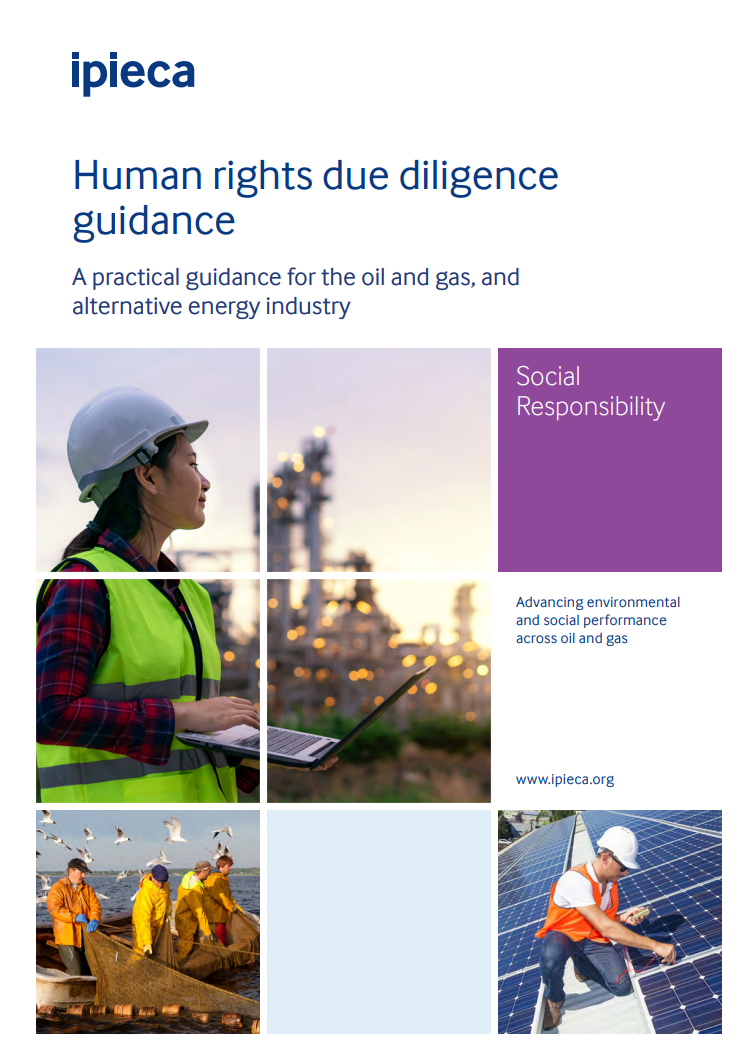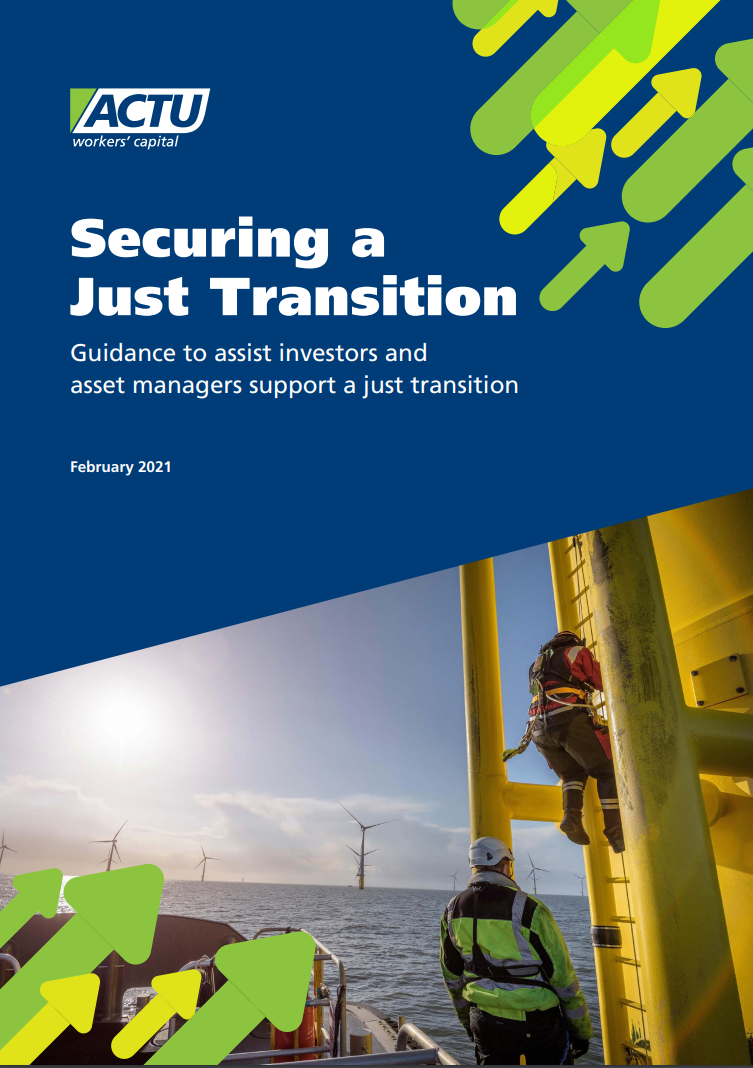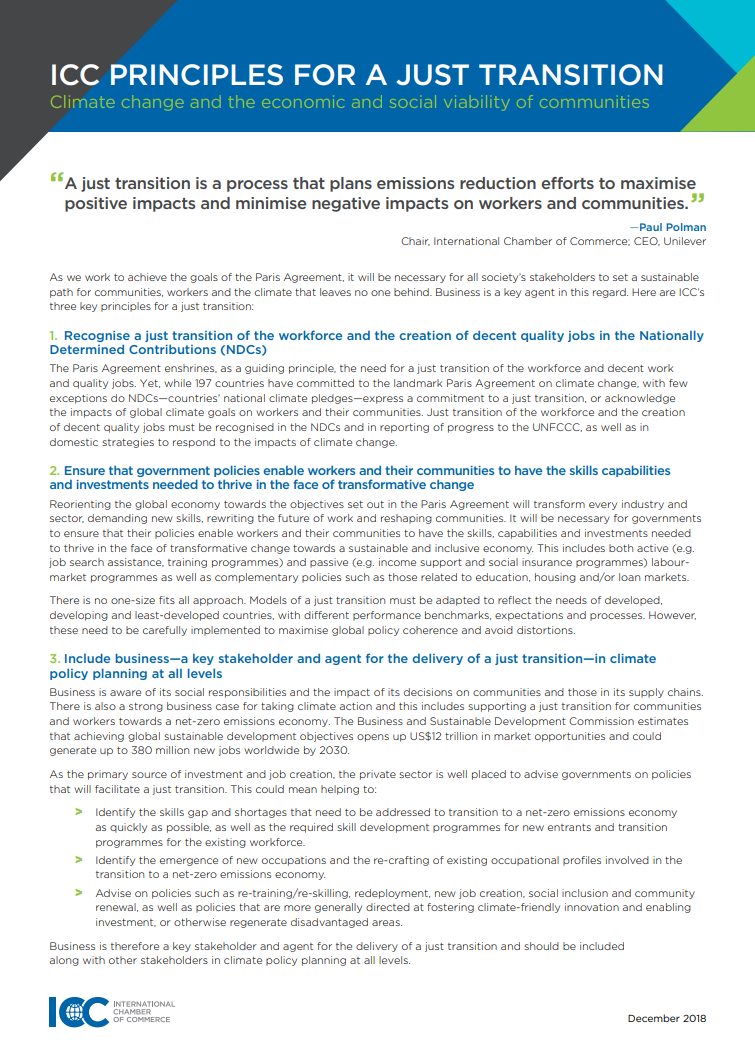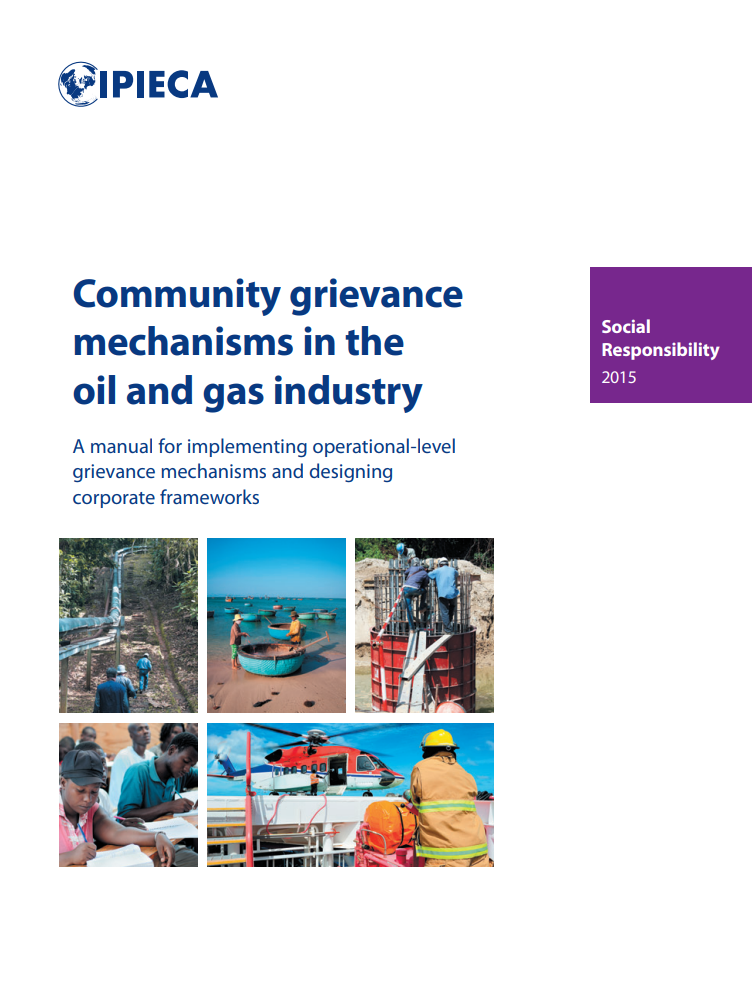THE JUST ENERGY TRANSITION - LIBRARY
We’ve collated key publications on a Just Energy Transition in one place, filterable by publication type.
Have we missed something? Let us know by completing this form.
FILTER: All | Articles | Frameworks | Guidance | Initiatives / Funding | Legislation | Reports | Standards | Tools | Webinars
>> GUIDANCE
Author(s): Business Fights Poverty, PWC (funded by UK Foreign Commonwealth and Development Office (FCDO) via Work and Opportunities for Women Programme).
Description: The toolkit, just launched at COP26, builds on WOW's recent work investigating how women are disproportionately affected by climate change. The toolkit includes examples of companies and investors who are identifying opportunities for achieving a gender-just transition to net zero as well as the steps businesses can take. Companies that want to help tackle the twin challenges of women’s economic empowerment and climate change can find practical guidance on steps forward.
Author(s): Ipieca
Description: This guide helps oil and gas companies integrate HRDD processes into existing company processes.
Author(s): Australian Council of Trade Unions (ACTU)
Description: This framework aims to guide trade unions, superannuation fund trustees and ultimately both asset owners and asset managers in their engagement with companies on the impacts on their workforce of transition strategies. The framework identifies three stages of action for just transitions at the company level: Engage, Plan and Enact and develops some proposed new key performance indicators to support investors to track and measure company performance on transition issues as they also work to reduce emissions.
Author(s): Just Transition Initiative, Climate Investment Funds
Description: This paper summarizes several policy objectives and tools, as well as cross-cutting enablers, that can support socially inclusive processes and equitable distribution of the risks and benefits associated with transitions. It explores these elements by examining two essential aspects of just transition policies: gender-responsive policies and place-based investment.
Author(s): LSE GRI
Description: This report sets out the role that investors can play in delivering a just transition in the UK by examining a set of place-based examples and setting out recommendations for investor action.
Author(s): IndustriALL Global Union
Description: This guide outlines that the transition to a cleaner, more sustainable economy must be economically and socially just and fair for workers and their communities and that the fight for a Just Transition supports long-time union demands for strong social protection programmes.
Author(s): LSE GRI, Principles for Responsible Investment, et al
Description: This guide sets out how investors can address the social dimension of climate change and pursue the goal of a just transition as part of their core operating practices. The guide draws on an international review of well-tested investor approaches that already exist, and on extensive dialogue with investors, to provide a framework that can be applied both by individual institutions and through collaborative initiatives.
Author(s): ICC
Description: As we work to achieve the goals of the Paris Agreement, it will be necessary for all society’s stakeholders to set a sustainable path for communities, workers and the climate that leaves no one behind. Business is a key agent in this regard. Here are ICC’s three key principles for a just transition.
Author(s): ITUC Just Transition Center, The B Team
Description: This guidance contains operational advice and tactics, several case studies and analysis of the risks and opportunities of climate action on a company’s workforce. It provides ways for companies to engage with workers, unions and governments that are constructive to a clean energy economy that benefits all.
Author(s): Friedrich-Ebert-Foundation, Bread for the World
Description: This study provides an overview of the different just transition, energy transformation and climate justice discourses of the previous years and how they are ultimately reflected in the Paris Agreement. It shows how they overlap in terms of transition narratives and policy demands. It also presents a set of eight just energy transition principles, designed to make justice applicable to energy transition processes. They cover the climate, socio-economic and political dimensions in a balanced way to reflect the legitimate justice claims of a broad range of potential allies for a just energy transition alliance. Each principle is associated with indicators, and a formula is used to attach a final score, to assess a country’s level of justice in the energy transition.
Author(s): International Labour Organisation
Description: These Guidelines are both a policy framework and a practical tool to help countries at all levels of development manage the transition to low-carbon economies and can also help them achieve their Intended Nationally Determined Contributions (INDC) and the 2030 Sustainable Development Goals.
Author(s): Ipieca
Description: This manual provides practical step-by-step guidance on how to plan and implement operational-level community grievance mechanisms (CGMs) and how to design and to manage corporate CGM frameworks.












